SUMMARY
This is AI generated summarization, which may have errors. For context, always refer to the full article.
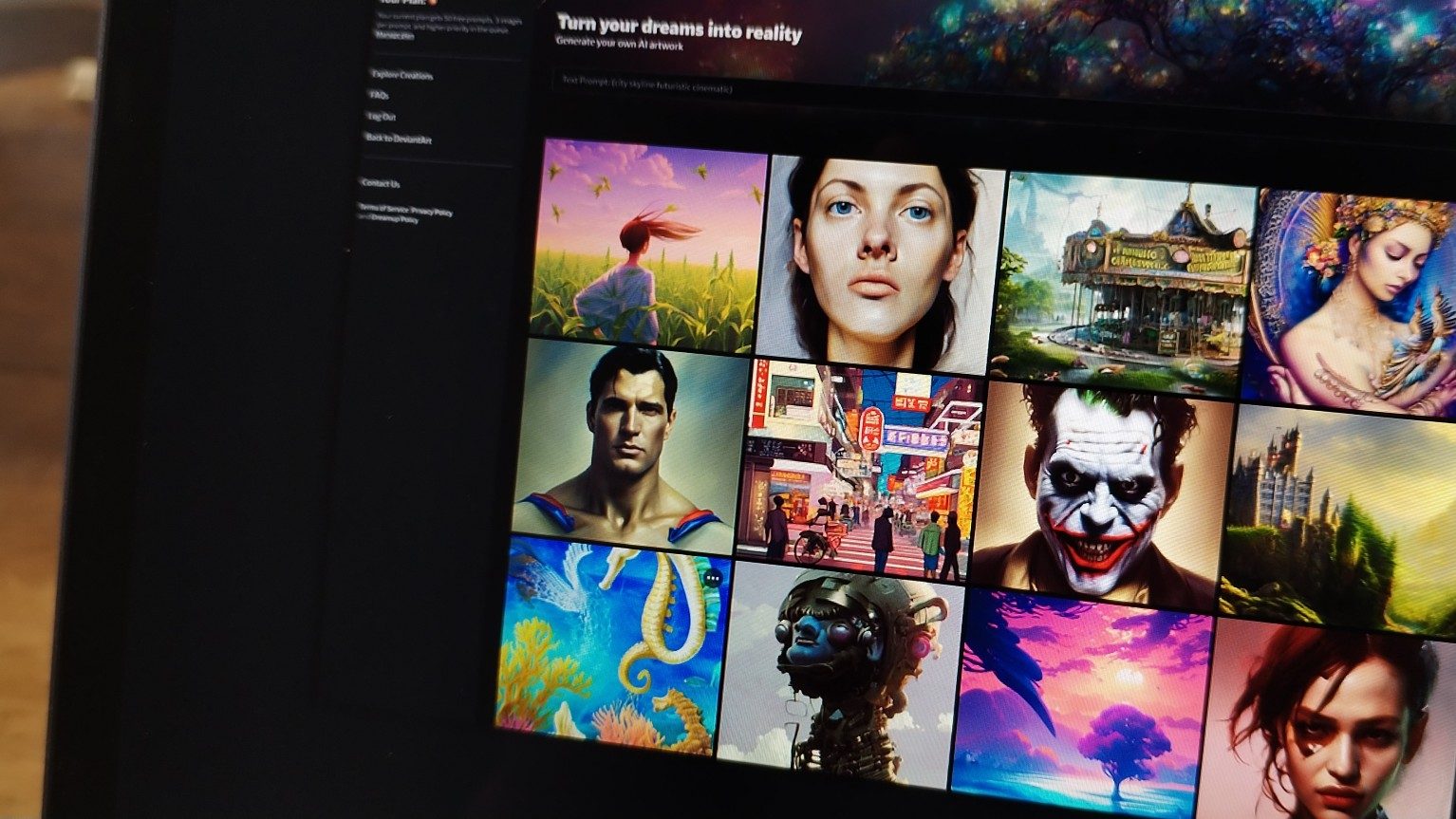
MANILA, Philippines – A group of artists have filed a lawsuit against image-generating AI applications Stability AI, Midjourney, and DeviantArt with its DreamUp product, its representative Joseph Saveri Law Firm announced in a press release on Saturday, January 14, US time.
The firm states that the companies have “created products that infringe the rights of artists and other creative individuals under the guise of alleged ‘artificial intelligence.’”
The products in question make use of Stable Diffusion, an open-source technology able to generate images from a text prompt, “trained” using the LAION-5B dataset which contains 5.85 billion images paired with a text description. The lawsuit’s point of contention is that the images contained within this dataset are “copyrighted images” that were “downloaded and used without compensation or consent from the artists.”
Co-counsel Matthew Butterick calls the technology in his blog, “a 21st-century collage tool that remixes the copyrighted works of millions of artists whose work was used as training data.”
Artificial intelligence and copyright violations
The companies’ specific violations, according to the lawsuit, are direct copyright infringement, vicarious copyright infringement related to forgeries, violations of the Digital Millennium Copyright Act (DMCA), violation of class members’ rights of publicity, breach of contract related to the DeviantArt Terms of Service, and various violations of California’s unfair competition laws. The plaintiffs are artists Sarah Andersen, Kelly McKernan, and Karla Ortiz.
The law firm said, “If Stable Diffusion and similar products are allowed to continue to operate as they do now, the foreseeable result is they will replace the very artists whose stolen works power these AI products with whom they are competing. AI image products are not just an infringement of artists’ rights; whether they aim to or not, these products will eliminate ‘artist’ as a viable career path.”
The lawsuit aims to ensure that the new products “follow the same rules as any other new technology that involves the use of massive amounts of intellectual property.”
“If streaming music can be accomplished within the law, so can AI products,” the firm said.
Since the sudden popularity of generative AI technologies in 2022 including Stable Diffusion and the GPT-3 large language model used by ChatGPT, artists and creative workers have protested against its current use, raising concerns on ethics, and the legality of the training data used. ChatGPT has been used by some students to cheat on their homework while the same law firm taking action against Stability AI, Midjourney, and DeviantArt, filed in November 2022 a lawsuit against a similar AI-enabled tool for generating computer code by Microsoft called CoPilot. – Rappler.com
Add a comment
How does this make you feel?

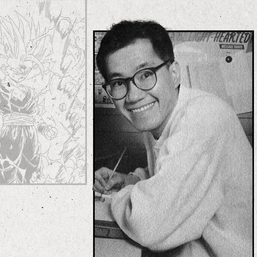
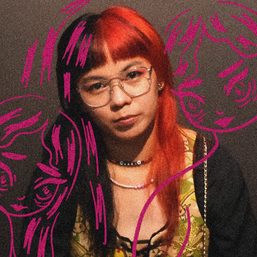
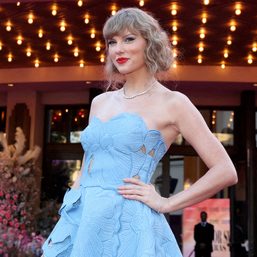
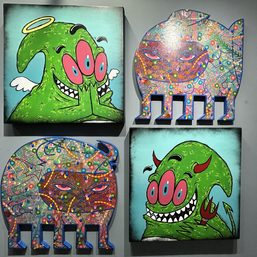
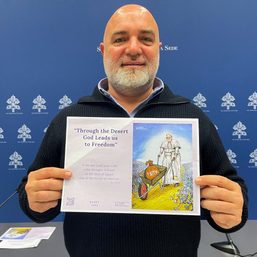
There are no comments yet. Add your comment to start the conversation.